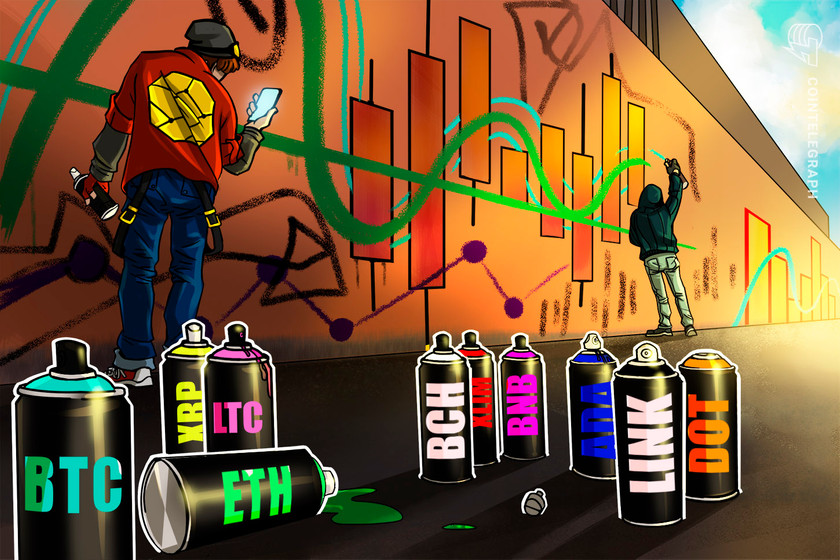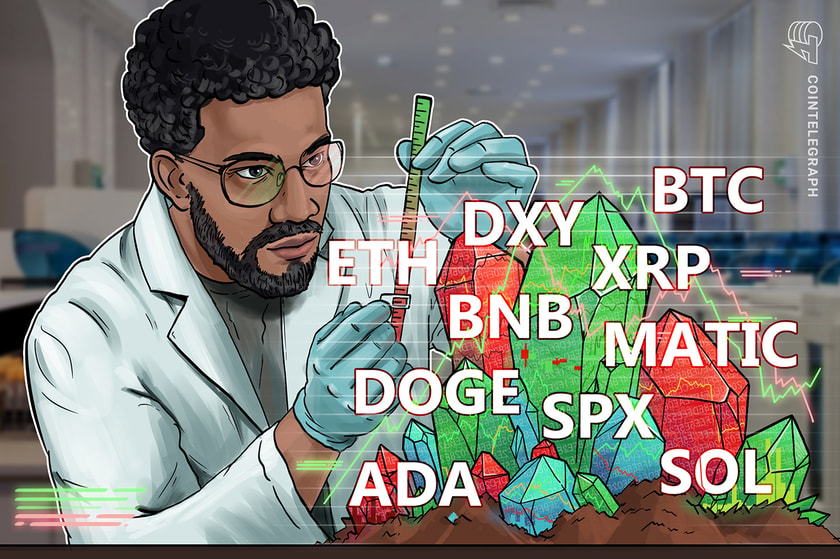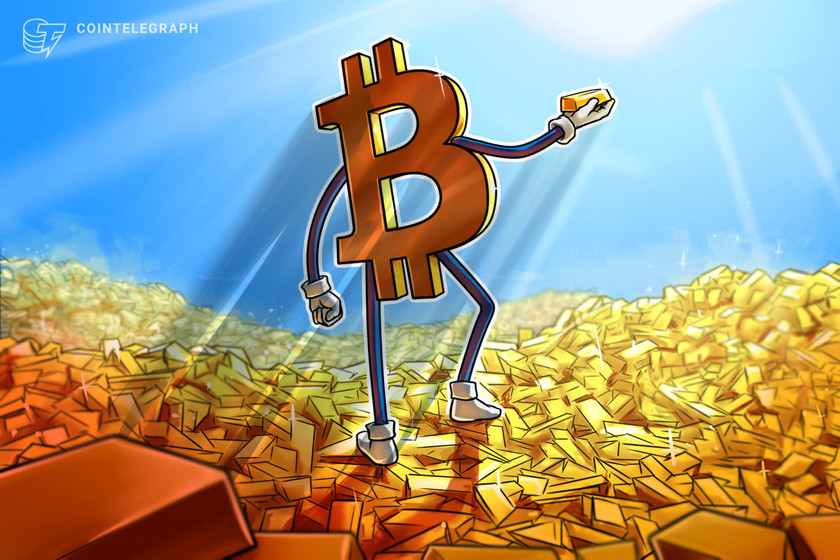Coinbase claims Apple blocked wallet app release over gas fees
The platform said Apple wanted Coinbase Wallet to disable NFT transactions, introducing “new policies to protect their profits at the expense of consumer investment in NFTs.”

Own this piece of crypto history
Collect this article as NFT
The self-custody crypto wallet from Coinbase said users can no longer send nonfungible tokens, or NFTs, due to interference from Apple.
In a Dec. 1 Twitter thread, Coinbase Wallet said the tech company with a more than $2 trillion market capitalization had blocked the latest release of its app in an effort to “collect 30% of the gas fee” through in-app purchases. The platform claimed Apple wanted Coinbase Wallet to disable NFT transactions, introducing “new policies to protect their profits at the expense of consumer investment in NFTs and developer innovation across the crypto ecosystem.”
“For anyone who understands how NFTs and blockchains work, this is clearly not possible,” said Coinbase Wallet. “Apple’s proprietary In-App Purchase system does not support crypto so we couldn’t comply even if we tried. This is akin to Apple trying to take a cut of fees for every email that gets sent over open Internet protocols.”
You might have noticed you can’t send NFTs on Coinbase Wallet iOS anymore. This is because Apple blocked our last app release until we disabled the feature.
— Coinbase Wallet (@CoinbaseWallet) December 1, 2022
The wallet app said that users affected by the decision — i.e. those with iPhones — would find it “a lot harder to transfer that NFT to other wallets.” Coinbase added that the block may have been an oversight, calling on Apple to communicate with the firm over any issues.
Related: Coinbase clarifies bug bounty policy in response to Uber extortion verdict
Coinbase first announced it would be adding support for NFTs to its self-custody wallet in December 2021, giving users access through the app to marketplaces like OpenSea. On Nov. 29, the app said it would suspend support for Bitcoin Cash (BCH), XRP (XRP), Ethereum Classic (ETC) and Stellar Lumen (XLM), citing low usage.









